Table of content
What is a Personality Hire? Understanding a Trending Workplace Concept
What is a personality hire, and why are companies choosing people for attitude over experience? Learn how this hiring trend is shaping modern workplaces.
Table of content
In today’s evolving job market, soft skills matter more than ever. So, what is a personality hire? Beyond technical skills and traditional qualifications, more companies are recognizing the profound impact of an individual's charisma, soft skills, and positive demeanor on team dynamics and overall success.
This comprehensive guide will delve deep into defining what it means to be a personality hire, explore the compelling reasons why employers are prioritizing these traits.
What Does It Mean to Be a Personality Hire?
So, what is the meaning of personality hire? Simply said, the personality hire refers to someone hired based on their attitude, energy, and soft skills rather than their resume or technical expertise. Instead of relying only on experience or qualifications, hiring managers assess how a candidate communicates, adapts, and fits within the team dynamic.

For example, personality hire is frequently seen in professions where interpersonal skills are more important than technical abilities, such as customer service, team coordination, or leadership positions. The employer sees long-term potential and recruits them with the expectation that they will be taught the hard skills.
This raises an important question: What is the difference between personality hire and skill hire? One is selected based on potential and character, and the other on demonstrated ability.
A skill hire is someone who is hired primarily because they already have the necessary technical competence, certificates, or industry experience to do the job from the start. These hires are often evaluated based on their resume, portfolio, or hard-skill test scores, and they are expected to produce rapid results with no training.
Why Do Employers Make Personality Hires?
Understanding what a personality hire is naturally raises the following question: why would an employer focus on personality over a perfectly matched skill set? Here are a few strategic reasons:
- Enhancing Company Culture: A good and inclusive company culture is no longer a luxury but rather a requirement for attracting and retaining top personnel. Personality hires, with their positive perspective, serve as cultural boosters.
- Improving Team Dynamics and Collaboration: Even a highly skilled team might underperform if communication fails or conflicts arise. Personality hires frequently have high emotional intelligence and natural empathy, allowing them to create an environment in which team members actually enjoy collaborating.
- Boosting Morale and Employee Retention: When employees feel encouraged, heard, and part of a great group, their morale soars. Personality hires' capacity to lift spirits and inspire others leads to increased job satisfaction and, as a result, lower turnover rates.
- Strengthening Client and Stakeholder Relationships: A charismatic and personable individual can be useful in professions requiring client engagement. A personality hire may establish a solid connection and represent the firm positively, resulting in increased client satisfaction and loyalty.
- Long-Term Potential and Coachability: Employers frequently see significant long-term promise in personality hiring. While some technical abilities can be learned and improved on the job, fundamental traits such as empathy, resilience, and a cheerful attitude are much more difficult to nurture.

Do you know: Is Being A Personality Hire A Good Thing?
Yes, absolutely! The term "personality hire" might sometimes imply that someone was hired for their "likability" rather than their "competence." In actuality, being a personality hire may benefit the firm. It involves fostering vibrancy, strengthening team chemistry, and creating a more appealing and effective environment. This also demonstrates that emotional intelligence and interpersonal skills are just as important as technical ability in today's professional environment.
Pros of Personality Hires:
- Enhanced Company Culture: The one who is a personality hire fosters a positive, supportive, and engaging work environment.
- Improved Team Cohesion: Personality hire candidates act as "social glue," strengthening bonds and facilitating smoother teamwork.
- Higher Morale and Engagement: The positive energy of the one who is a personality hire can be contagious, boosting overall team spirit and dedication.
- Increased Retention: Employees are more likely to stay in a workplace where they feel socially connected, valued, and comfortable.
- Stronger External Relationships: Personality hires set can build excellent rapport with clients, partners, and customers, improving customer satisfaction and brand perception
Cons of Personality Hires:
- Risk of Skill Gaps: If not balanced, an overemphasis on personality might lead to overlooking critical technical skills required for the role.
- Potential for Resentment: Other employees might perceive personality hires as being favored or less competent if their skills aren't also developed.
- Subjectivity in Hiring: Evaluating personality can be more subjective than assessing technical skills, potentially leading to unconscious bias.
- Difficulty in Performance Measurement: Quantifying the impact of personality can be challenging compared to measurable technical outcomes.
Personality Hire vs. Culture Fit: What’s the Difference?
At first look, personality hires and culture fit hires may appear to be the same thing. Both emphasize characteristics other than those listed on a resume. However, there is a little but significant distinction - and recognizing it can help both employers and candidates make better decisions.
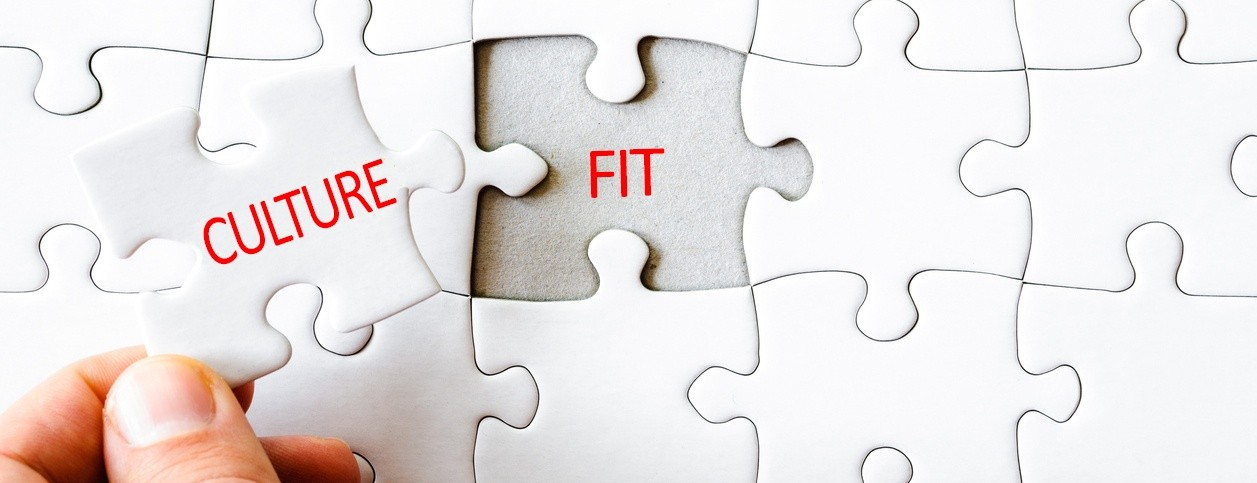
"What is a personality hire?" in this context refers to someone chosen for their characteristics, such as excitement, empathy, communication style, and general attitude. This person may lack all of the required experience, but he or she demonstrates the necessary soft skills and the potential to advance.
In contrast, a culture fit hire is someone who shares the company's current values, mission, and work environment. They may have similar habits or perspectives to the current team. While this can promote harmony, it can also lead to recruiting for sameness, which limits innovation and diversity of opinion.
| Personality Hire | Culture Fit | |
| Focus | Adding specific, valuable interpersonal traits, charisma, and positive energy to the team | Aligning with existing norms, values, and behaviors within the company |
| Goal | To enhance team cohesion, boost morale, and improve communication | To minimize friction and maintain the existing “way things are done” |
| Hiring Risk | May need technical training | Risk of an echo chamber or a lack of diversity |
| Ideal Use | Roles needing soft skills, people-facing roles | Organizations with a strong cultural identity seek cohesion |
| Examples | Energetic communicator, empathetic listener, adaptable team player | Believes in the company's mission, prefers the same work style |
When To Use Personality Hires?
Understanding what is a personality hire leads naturally to the question of when such a hiring strategy is most beneficial. While strong interpersonal skills are valuable, there are specific scenarios and types of positions where prioritizing personality can yield exceptional results. In these instances, the focus shifts to finding employees with the right mindset and social fit, even if it means investing in their technical skill development..
Customer-Facing Roles
For positions like sales representatives, client relationship managers, or public relations specialists, the ability to connect with people, build rapport, and communicate effectively is paramount. A charismatic and personable individual can directly influence client satisfaction, retention, and brand perception far more than technical knowledge alone.
Leadership Development Tracks
Future leaders need more than just strategic acumen; they require the ability to inspire, motivate, resolve conflicts, and build high-performing teams. Identifying individuals early in their careers who possess innate leadership qualities like strong emotional intelligence, and then developing their strategic capabilities, can create exceptionally effective leaders for tomorrow.
Startups Emphasizing Team Chemistry
In nascent companies or small teams, cultural cohesion and individual chemistry are vital. Resources are often limited, and every team member wears multiple hats. A positive attitude, adaptability, and a strong collaborative spirit can make or break the early growth phase.
Roles Requiring High Collaboration or Cross-Functional Work
In matrix organizations that frequently work with other departments, individuals who excel at communication, negotiation, and building consensus are invaluable. A personality hire can act as a bridge between teams, smooth over potential friction points, and ensure projects move forward seamlessly.
How Employers Evaluate Candidates for Personality
More employers are shifting from a purely skills-based mindset to one that emphasizes personality. Here are the top ways employers assess personality during the hiring process.
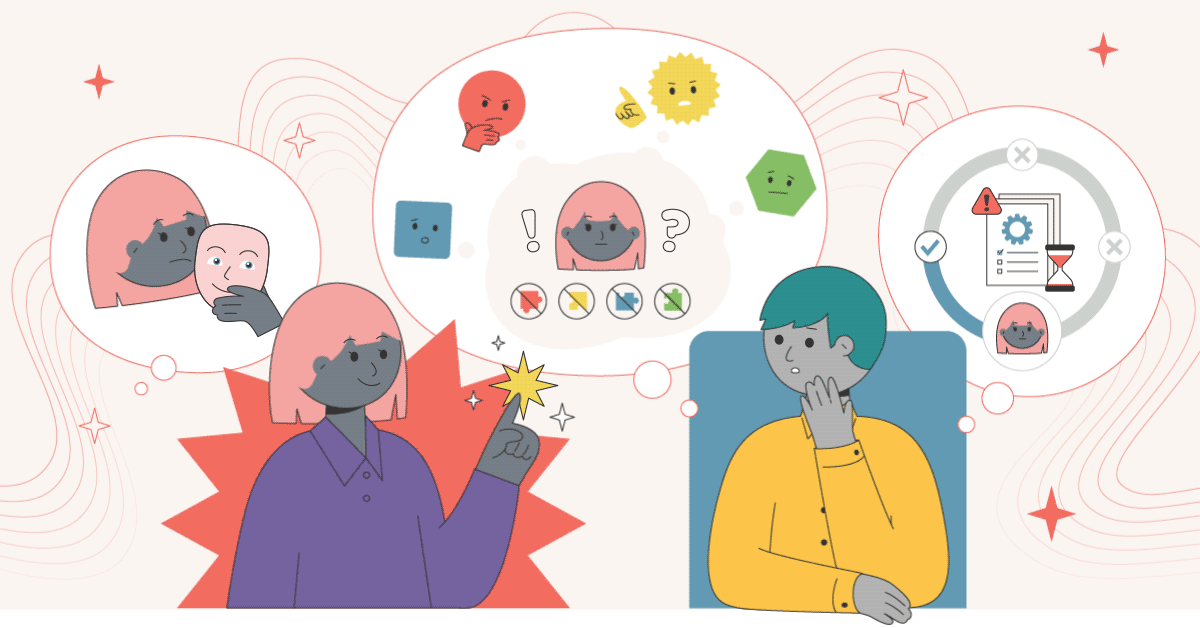
Behavioral Interview Techniques
One of the most common methods for assessing personality is through behavioral interview questions. Instead of asking hypothetical questions, businesses ask about related real-life experiences that demonstrate characteristics such as resilience, empathy, and problem-solving. These questions help companies determine whether someone has the character and emotional intelligence necessary for success.
Examples of personality-revealing questions include:
- “Tell me about a time you worked with someone difficult, and how you handled it?”
- “Describe a moment when you had to adapt quickly to a change.”
- “What’s something you’ve done that made your team stronger?”
Use of Personality Assessments
To eliminate bias and gain deeper insights, many firms use techniques such as the DISC assessment, MBTI, or Big Five personality test. These tools provide organized data about a candidate's behavioral style, motivation, and communication preferences. They also assist companies in developing balanced teams and determining what job fits your personality, particularly in occupations requiring team collaboration or leadership ability.
For example, DISC evaluates:
- Dominance (results-oriented, assertive)
- Influence (enthusiastic, sociable)
- Steadiness (reliable, cooperative)
- Conscientiousness (analytical, detail-focused)
Observation of Soft Skills
Aside from interviews and examinations, employers are continuously looking for subtle signs, especially in high-touch professions where personality is most important. A candidate who demonstrates patience, emotional control, or initiative can be an excellent example of a personality hire, even if they do not meet all of the skill requirements.
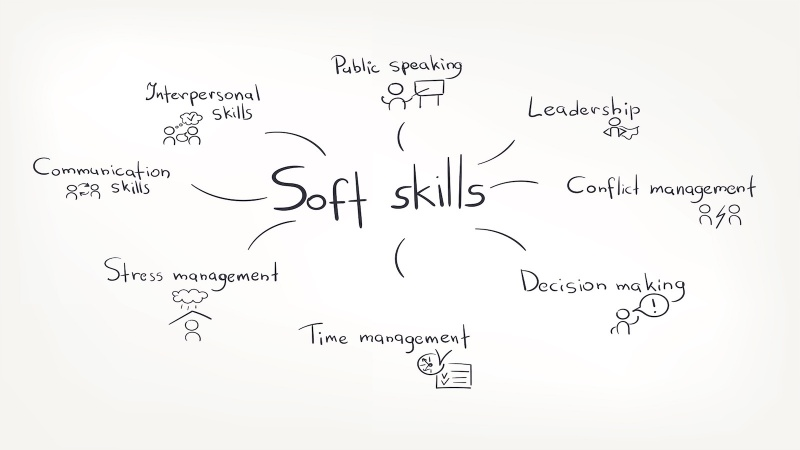
They pay attention to:
- How well you listen and engage during interviews
- Your tone of voice, energy level, and attitude
- How you respond to feedback or unexpected questions
- Whether you show curiosity and genuine interest in people or the company
Best Practices For Applying Personality Hires In The Workplace
For HR professionals and leaders, implementing what is a personality hire in your recruitment strategy requires an intentional and balanced approach. Here are the key recommended techniques for successfully implementing personality recruits in your workplace.

1. Define Role Needs Beyond Hard Skills
Conduct an in-depth inquiry to discover the exact soft skills, behavioral traits, and personality characteristics that are truly required for success in that role.
For example, a customer-facing function will benefit greatly from empathy and outstanding communication, yet a project management role may necessitate strong conscientiousness and influence. Clearly stating these needs upfront assists in attracting suitable people and determining "what job fits my personality" from the candidate's perspective.
2. Apply Reputable Personality Tests Strategically
Implement reputable tests, such as the DISC Test, to acquire objective insights on a candidate's behavioral style, communication preferences, and how they interact in the workplace. These personality test models can reveal how people approach problems, influence others, deal with change, and follow processes. However, it's important to:
- Use them as one data point among many, not as the sole decision-maker.
- Ensure the test is scientifically validated and relevant to the role.
- Train your HR team and hiring managers on how to interpret results accurately and without bias.
- Utilize them for understanding potential team dynamics and areas for development, rather than as a strict "pass/fail" filter.
3. Train Hiring Managers on Behavioral Interviewing
Provide the hiring managers with thorough instructions in advanced behavioral interview techniques (such as the STAR method). Provide them with the knowledge needed to create questions that reveal how candidates have navigated previous situations, resolved disagreements, collaborated with others, and demonstrated resilience. This organized technique facilitates objective assessment of personality traits while reducing reliance on gut feelings or surface-level perceptions.
Discover Your Personalities In The Workplace
Now that you understand what is a personality hire and how employers evaluate traits beyond the resume, it’s time to turn inward. One of the best things you can do - whether you're job hunting, managing a team, or exploring a career path - is to understand your workplace personality.
If you’ve ever wondered, “What job fits my personality?” DISC gives you the data to answer that question with confidence. It also gives hiring managers insight into where you might shine, even if you’re still developing technical skills, making you a stronger candidate for personality-driven roles.
Take the DISC assessment and discover what makes you stand out in the workplace: DISC Personality Test
Final Thoughts
Understanding what is a personality hire enables both organizations and job seekers to move toward more human-centered, forward-thinking recruitment. While personality hires may not necessarily have the highest qualifications on paper, they frequently provide the communication skills, adaptability, and energy that teams require to thrive. For businesses, the idea is to use this method intelligently, such as DISC personality and structured evaluations. For candidates, they must understand their talents and demonstrate how their personality can be as useful as their experience.
FAQs
What exactly is a personality hire?
A personality hire is someone chosen based on their soft skills, character traits, and team presence rather than their technical experience or qualifications. They frequently bring emotional intelligence, cheerfulness, and adaptability into the workplace.
Are personality hires good or bad for a company?
In general, personality hiring benefits an organization. They greatly increase corporate culture, morale, team cohesion, and external relationships. However, they can be problematic if their personality is chosen at the expense of critical talents or if their presence causes resentment among other team members.
How do personality hires contribute to company culture?
Personality hires frequently establish the tone for collaboration, communication, and dispute resolution. Their innate ability to interact with others contributes to a more cohesive and engaged team atmosphere.
What kind of roles are best for personality hires?
Personality hires are frequently most beneficial for roles that need a high level of interpersonal engagement, communication, and teamwork. Examples include customer service, sales, human resources, team leadership, project management, and any other function that requires extensive client or stakeholder interaction.
How to know if a company values personality hires?
Look for indicators during the hiring process. Companies that stress behavioral interviews, soft skill assessments, or team fit in their job descriptions are likely to prioritize personality hiring procedures above firm certification requirements.


Don't Let Your Potential Stay Hidden!
Take the DISC test today and discover your unique 'YOU', with deep insights into your true personality and potential.
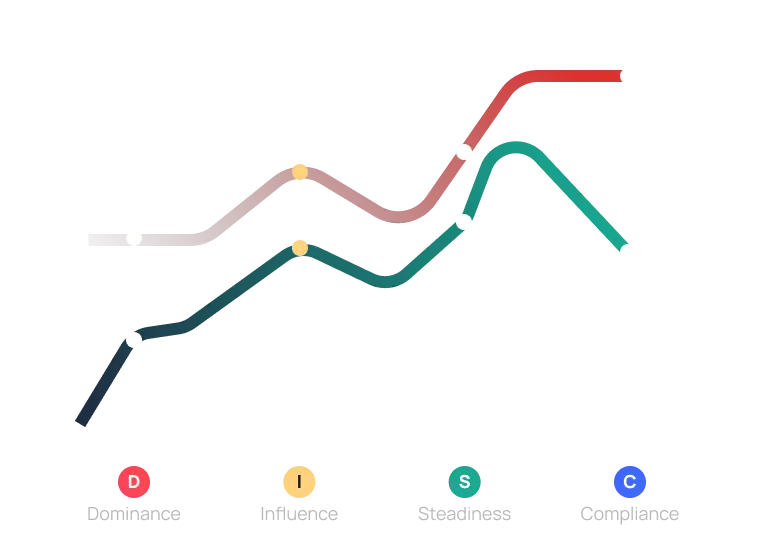
Represents your instinctive behaviors and desires.
Shows the behavioral tendencies you think you should exhibit in specific situations.
Related articles
You may also be interested in
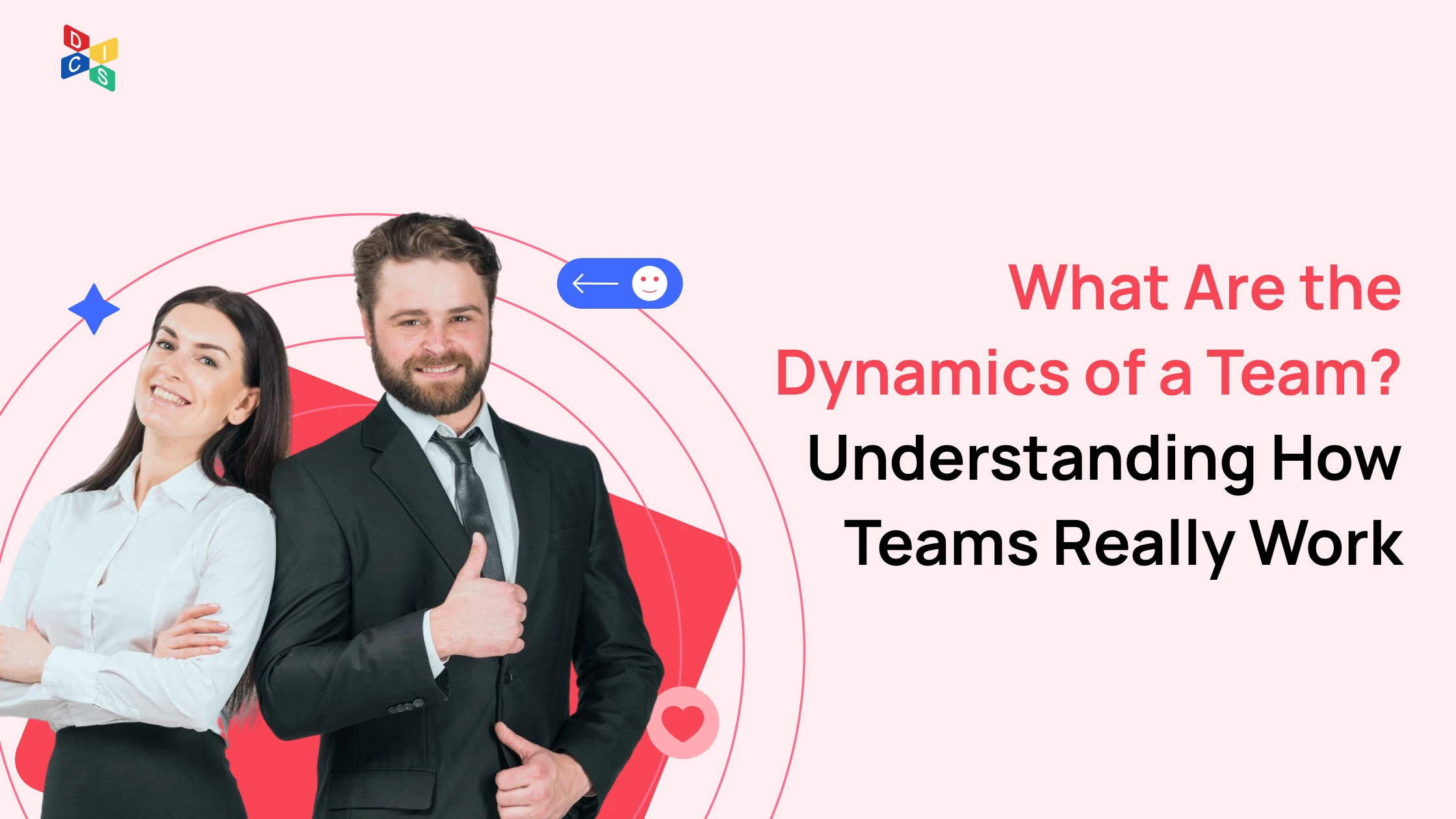 Self ExplorationDec 17, 2025
Self ExplorationDec 17, 2025What Are the Dynamics of a Team? Understanding How Teams Really Work
Discover what are the dynamics of a team and how they impact team performance. Learn how communication, roles & personality differences boost collaboration.
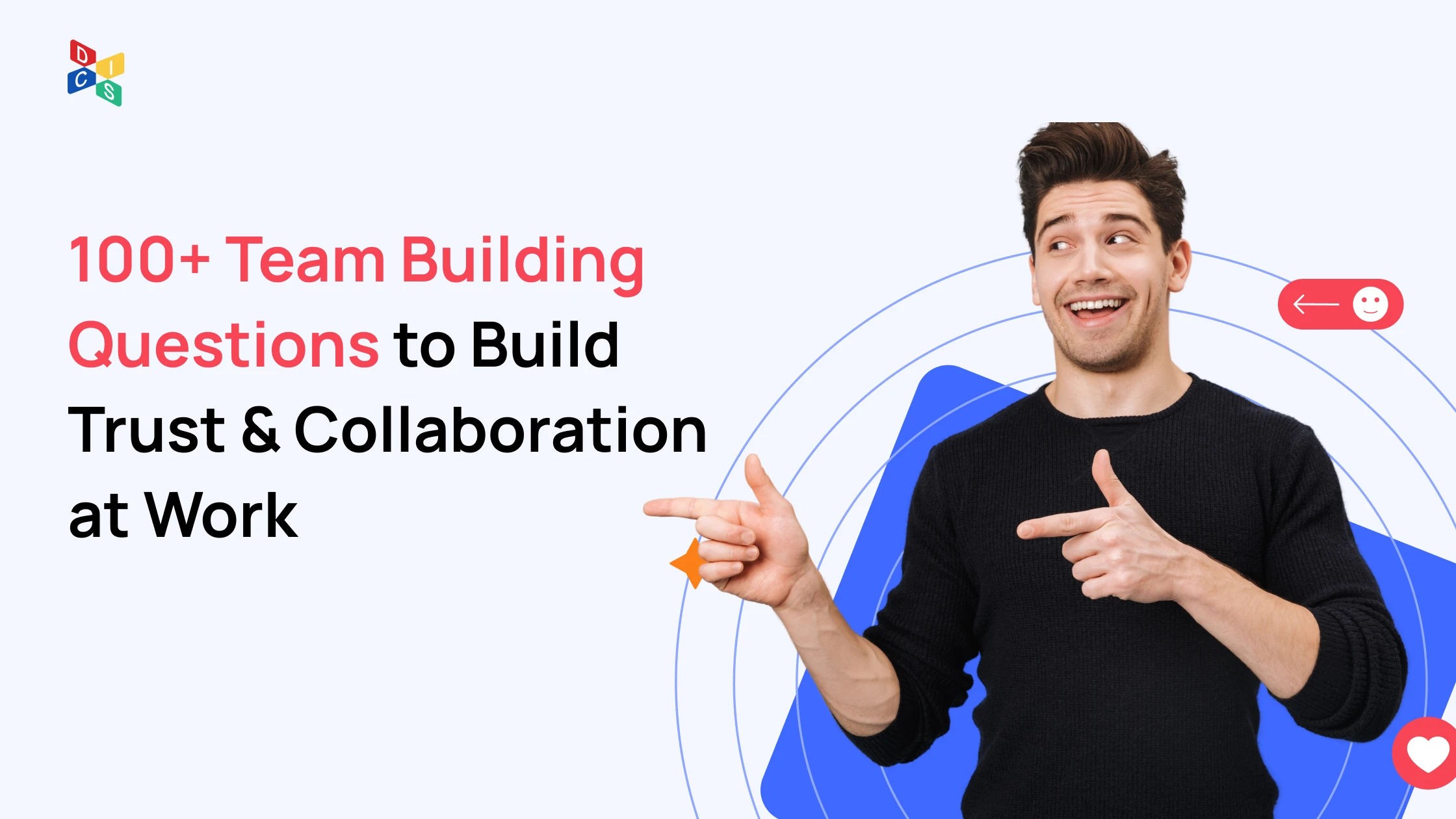 Self ExplorationDec 16, 2025
Self ExplorationDec 16, 2025100+ Team Building Questions to Build Trust & Collaboration at Work
Explore effective team building questions to boost connection, trust, and collaboration in your team. Engage everyone and strengthen your team's dynamics today!
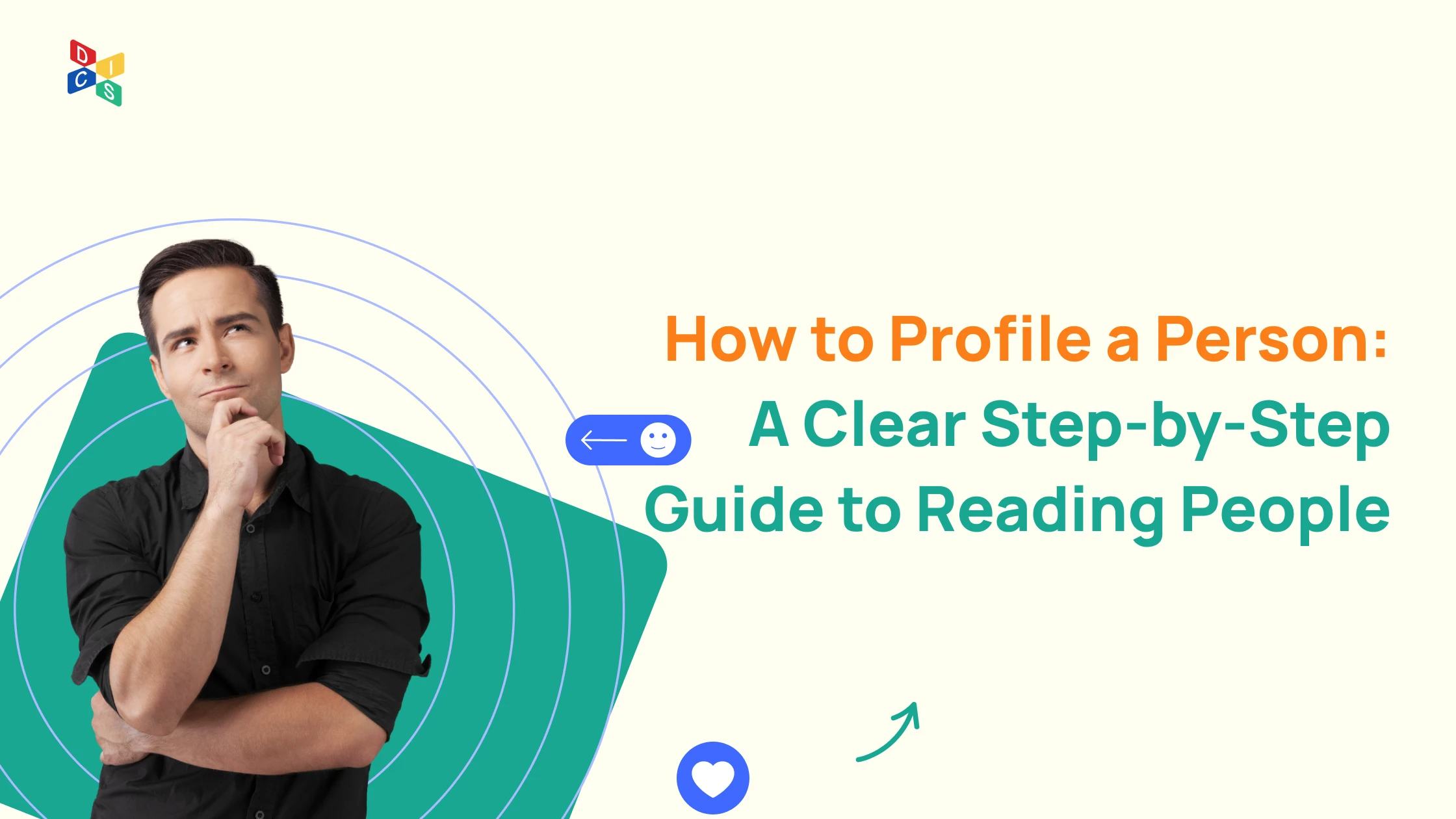 Self ExplorationDec 10, 2025
Self ExplorationDec 10, 2025How to Profile a Person: A Clear Step-by-Step Guide to Reading People
Learn how to profile a person step-by-step. Master practical techniques to read behavior, understand motives, and identify personality patterns accurately.
